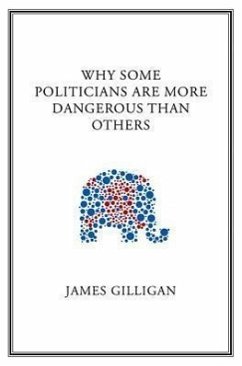
Pandemics and Emerging Infectious
Versandkostenfrei!
Versandfertig in über 4 Wochen
38,99 €
inkl. MwSt.
Weitere Ausgaben:

PAYBACK Punkte
19 °P sammeln!
Infectious diseases pose a growing threat to public health, challenging sociologists as much as biomedical researchers. Exploring how societies identify new diseases, how they respond, and what the consequences might be, this collection of analyses from North America, Europe and Asia sets a bold new agenda for medical sociologists and public health policy makers.
Infectious disease pandemics are a rising threat in our globalizing world. This agenda-setting collection provides international analysis of the pressing sociological concerns they confront us with, from cross-border coordination of public health governance to geopolitical issues of development and social equity. * Focuses on vital sociological issues raised by resurgent disease pandemics * Detailed analysis of case studies as well as broader, systemic factors * Contributions from North America, Europe and Asia provide international perspective * Bold, agenda-setting treatment of a high-profile topic












